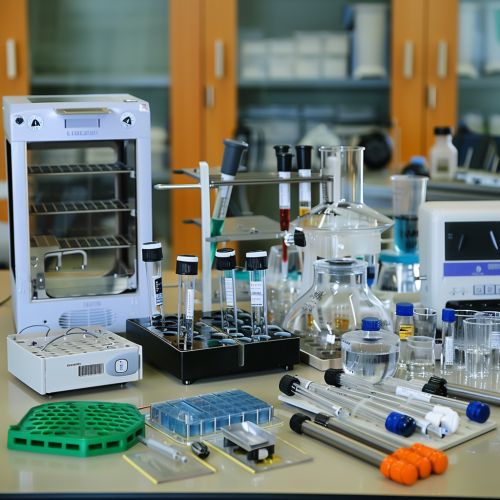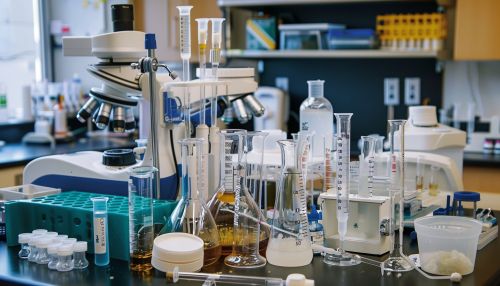Experiment
Definition
An experiment is a procedure carried out to support, refute, or validate a hypothesis. Experiments provide insight into cause-and-effect by demonstrating what outcome occurs when a particular factor is manipulated. Experiments vary greatly in their goal and scale, but always rely on repeatable procedure and logical analysis of the results.
History
The concept of an experiment dates back to ancient times, with the earliest recorded instances found in the works of Aristotle and other Greek philosophers. However, the modern scientific method, which places heavy emphasis on controlled, replicable experiments, was not developed until the 17th century during the Scientific Revolution.


Design of Experiments
The design of experiments is a key aspect of conducting an experiment. It involves determining the layout of the experimental setup, the number of experimental units, the level of control over the variables, and the statistical methods to be used.
Independent and Dependent Variables
In an experiment, the independent variable is the factor that is manipulated or changed by the experimenter. The dependent variable is the factor that is measured or observed. The dependent variable is expected to change in response to the manipulation of the independent variable.
Control Group
A control group is a group in an experiment that does not receive the experimental treatment. It serves as a benchmark against which the effects of the experimental treatment are measured.
Randomization
Randomization is a technique used in experimental design to ensure that the experiment is not biased by the selection of experimental units. It involves randomly assigning the experimental units to the treatment groups.
Types of Experiments
There are several types of experiments, each with its own strengths and weaknesses. The choice of experiment type depends on the research question, the nature of the variables, and the available resources.
Laboratory Experiments
Laboratory experiments are conducted in a controlled environment, typically a laboratory, where all aspects of the experiment can be controlled. This allows for high internal validity, but may limit the external validity or generalizability of the results.
Field Experiments
Field experiments are conducted in the natural environment of the phenomena being studied. They allow for high external validity, but may have lower internal validity due to the difficulty of controlling all variables.
Natural Experiments
Natural experiments are observational studies that take advantage of natural occurrences that mimic an experimental design. They can provide valuable insights, but their validity depends on the assumption that the natural occurrence is equivalent to a controlled experimental manipulation.
Ethics in Experimentation
Ethics in experimentation is a crucial consideration in any research study. Ethical guidelines ensure that experiments are conducted with respect for the rights and welfare of participants, and that the benefits of the research outweigh any potential risks.
Experimental Errors
Errors in experiments can arise from a variety of sources and can affect the validity and reliability of the experimental results. These errors can be broadly classified into systematic errors and random errors.
Conclusion
Experiments are a fundamental part of scientific research, providing a systematic way to test hypotheses and gain new knowledge. While the design and conduct of experiments can be complex, the principles of experimental design and analysis provide a framework for ensuring that experiments yield valid and reliable results.
